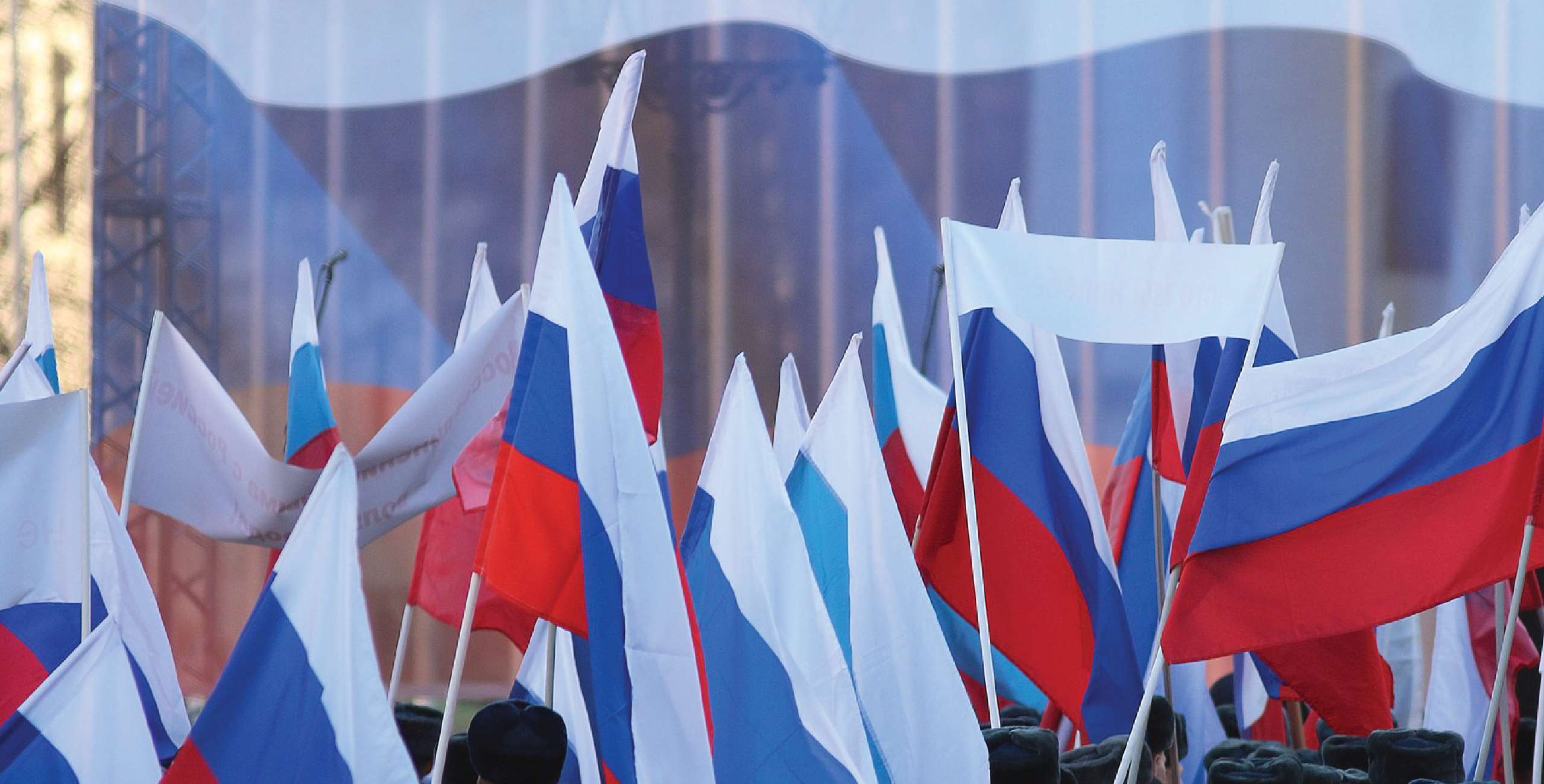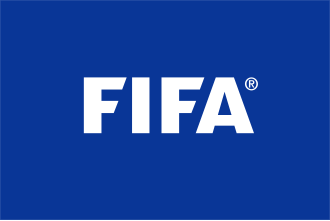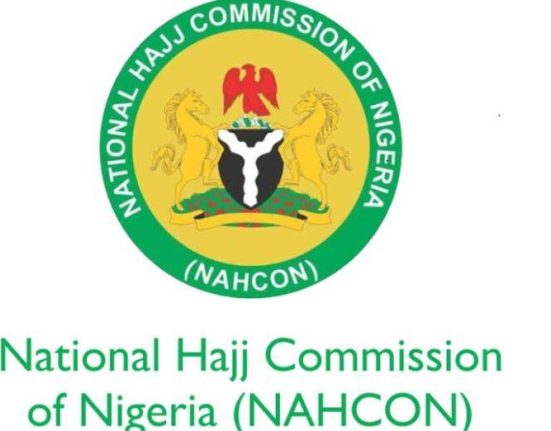Russia has formally withdrawn from the European Convention for the Prevention of Torture after President Vladimir Putin signed a law on Monday denouncing the treaty, further deepening Moscow’s isolation from Western institutions in the wake of its ongoing war in Ukraine.
The convention, which empowers independent monitors to visit prisons and detention centres to ensure the protection of detainees’ rights, was one of the last remaining European human rights agreements Russia had still technically been party to, despite being expelled from the Council of Europe in March 2022.
Explanatory notes accompanying the law, already approved by Russia’s parliament, accused the Council of Europe of “discrimination” for refusing to appoint a Russian representative to its statutory bodies. Moscow’s foreign ministry last month argued that the withdrawal would not harm Russian citizens, insisting that Russia remains committed to its international human rights obligations.
However, the international community is likely to view the move as a troubling signal. Human rights experts warn that the withdrawal strips away a key layer of external oversight at a time when Russia faces mounting accusations of abuses both domestically and in Ukraine. Two UN special rapporteurs earlier this month said the decision “raises red flags about what is going on behind bars” in Russian detention facilities.
International watchdogs have repeatedly documented alleged human rights violations by Russian authorities, particularly against Ukrainian civilians and prisoners of war. Just last week, the Organization for Security and Co-operation in Europe accused Moscow of “widespread and systematic violations” of international law, while a UN rights report detailed “consistent patterns of serious violations” against detainees.
Analysts suggest that by abandoning the convention, Russia is signaling its unwillingness to allow independent scrutiny of its detention practices, a step that could further erode international trust and deepen suspicions about conditions in its prisons. In the long run, the move may intensify Russia’s human rights isolation, limiting avenues for accountability and adding to its pariah status in global diplomacy.
For many observers, Russia’s withdrawal is more than a legal act — it is a symbolic statement that Moscow intends to chart its own course regardless of international norms, even as it faces growing criticism over its actions in Ukraine and beyond.







